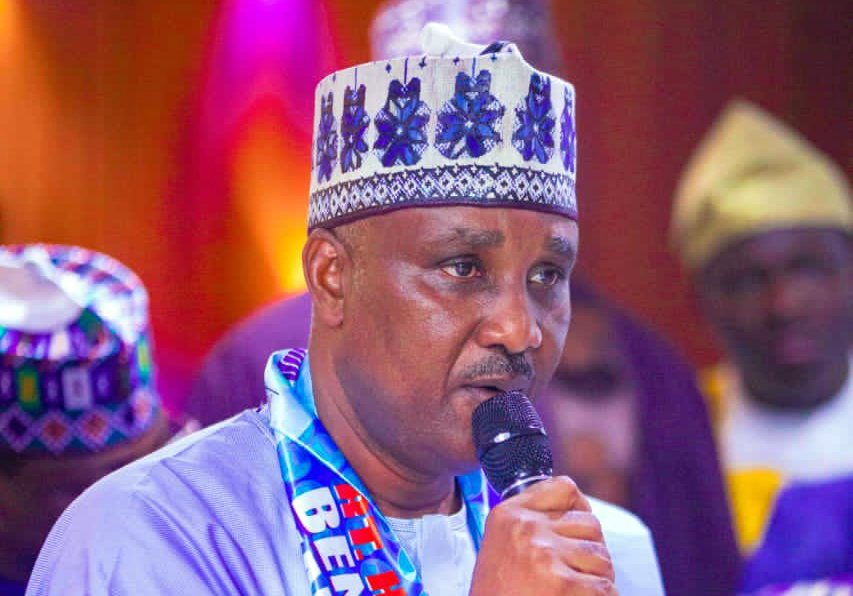By Mercy Aikoye
The Speaker of the House of Representatives, Tajudeen Abbas, has highlighted the significance of the creative sector in Nigeria’s economy. While declaring open a public hearing on a bill for the establishment of the National Institute for Film and Media Technology in Abuja, Abbas noted that the creative sector is the second-largest employer of labor in the country. Represented by Rep. Amos Magaji, Abbas emphasized the sector’s potential to create an additional 2.7 million jobs by 2025.
According to Abbas, the creative economy contributes over 6.1% to global gross domestic product (GDP), averaging between 2% and 7% of national GDPs. He stressed that the House of Representatives is committed to reforming and modernizing the technical education system to equip students with relevant skills to thrive in today’s economy. This commitment, he said, includes integrating entrepreneurship modules into technical and vocational education curricula.
The bill, presented by Hon. Nkem Kama, aims to establish a National Institute for Film and Media Technology. Abbas expressed his support for the bill, stating that it aligns with the House’s legislative agenda. He emphasized the importance of providing students with skills that will enable them to contribute effectively to Nigeria’s economic growth.
Abbas also highlighted the need for emerging technologies such as artificial intelligence, robotics, and renewable energy to be mainstreamed into the curriculum of technical and vocational education in Nigeria. He stressed that the House is determined to ensure that the younger generation is equipped with the necessary skills to succeed in the modern economy.
The Speaker warned against neglecting the needs of the younger generation, emphasizing that education is the bedrock of development. He called for the incorporation of artificial intelligence into the training process, noting that the world is already advancing rapidly in this area. Abbas stressed that Nigeria cannot afford to be left behind.
Hon. Fatoba Olusola, Chairman of the House Committee on Information, National Orientation, Ethics, and Values, also spoke at the public hearing. Olusola emphasized the importance of investing in the film and media sector, highlighting its potential to engage youths and boost the economy.
The public hearing on the bill demonstrates the House of Representatives’ commitment to developing the creative sector and providing opportunities for young Nigerians. By establishing the National Institute for Film and Media Technology, the House aims to equip students with the skills needed to succeed in the creative industry and contribute to Nigeria’s economic growth.



